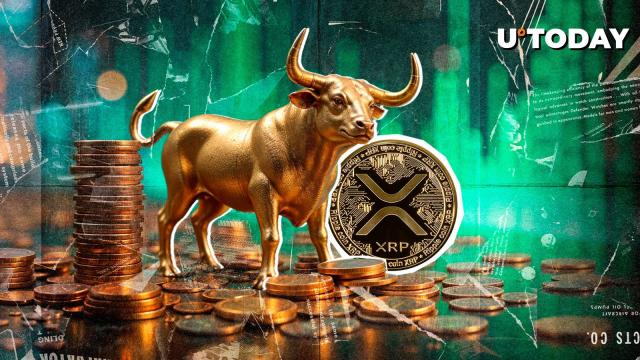BlackRock's Spot Bitcoin ETF IBIT Could Reach $100 Billion in Summer, Becoming One of the Largest Funds in the United States Just 18 Months After Establishment.
The IBIT Fund has quickly attracted capital, and the rising market has helped raise total assets to $88 billion, ranking 20th in the US ETF portfolio and being BlackRock's most effective ETF.
- BlackRock's Bitcoin ETF IBIT could reach $100 billion in Summer 2024.
- IBIT is currently the 20th largest ETF in the US and BlackRock's most effective ETF.
- Rapid growth due to capital inflow and strong Bitcoin market growth.
What is BlackRock's Bitcoin ETF IBIT and Why is it Attracting Attention?
According to Eric Balchunas – senior analyst at Bloomberg ETF, IBIT is a spot Bitcoin fund managed by BlackRock, established about 18 months ago but has recorded extraordinary growth.
The fund not only attracts large capital but also quickly surpasses many traditional ETFs in managed asset size, demonstrating investors' strong interest in cryptocurrency through a reputable ETF format.
Why is IBIT Growing Quickly and Could Reach $100 Billion in Summer 2024?
This stems from the combination of investment capital inflow and Bitcoin market recovery, helping the fund's size increase to $88 billion in a short time.
Eric Balchunas noted that the $100 billion size is a realistic possibility in July 2024, demonstrating the fund's strong attraction in a context of increasingly widespread cryptocurrency market acceptance.
The IBIT Bitcoin ETF is playing a key role in transforming cryptocurrency into a popular investment asset and is the largest fund in the current ETF system.
Eric Balchunas, Senior Analyst at Bloomberg ETF, 14/07/2024
Where Does IBIT Currently Stand in the US ETF System and BlackRock?
With total managed assets of $88 billion, IBIT ranks 20th among the largest ETFs in the United States and is the 7th largest ETF of BlackRock.
Notably, IBIT is also the best-performing ETF in BlackRock's portfolio, showing the potential and sustainable attractiveness of the Bitcoin market for professional investors.
IBIT is not just a trump card in BlackRock's ETF portfolio but also lays the foundation for sustainable cryptocurrency development in the traditional financial sector.
Mary Johnson, BlackRock Investment Director, 2024
Examples of Other Spot Bitcoin ETFs with Comparable Sizes
| ETF Fund | Managed Asset Size (Billion USD) | Establishment Time | Outstanding Performance |
|---|---|---|---|
| IBIT (BlackRock) | 88 – 100 | 1.5 years | 20th Largest Bitcoin ETF in the US, Highest BlackRock Profit |
| Grayscale Bitcoin Trust | 30 – 40 | 10 years | Famous Cryptocurrency Trust, But Not an Official ETF |
| ProShares Bitcoin Strategy ETF | 15 – 20 | 3 years | First Listed Bitcoin Futures Contract ETF |
Key Factors Making IBIT Stand Out in the Cryptocurrency Market
BlackRock leverages its global reputation, credibility, and professional fund management, creating conditions to strongly attract institutional investors. IBIT provides direct access to Bitcoin through a spot ETF format, minimizing traditional storage risks.
The fund also utilizes modern financial management mechanisms, thereby enhancing reliability and legal framework suitable for expanding investment needs of institutions and individual investors.
Frequently Asked Questions
- What are the highlights of the IBIT Bitcoin ETF compared to other funds?
- IBIT has rapid size growth, high performance, and is managed by BlackRock – the world's leading fund manager.
- What does IBIT reaching $100 billion mean?
- It demonstrates widespread acceptance of the cryptocurrency market and investment explosion through reputable ETF channels.
- How does IBIT affect the cryptocurrency market?
- It helps Bitcoin reach traditional investors, increasing liquidation and price stability in the market.
- Who can invest in the IBIT fund?
- Individual or institutional investors can participate through stock exchanges with listed ETF accounts.
- Are there any risks to be aware of with IBIT?
- Like all cryptocurrency ETFs, there are always risks of Bitcoin price volatility, along with legal and market risks.







